Aaron discuses the good and bad of Fox Soccer’s six part series.

When Liverpool Football Club announced plans for a fly-on-the-wall documentary reaction veered from bemusement to dismay. Long embroiled in a web of bad publicity the general consensus seemed to suggest this was an accident waiting to happen. Indeed, QPR had only just released their infamous Four Year Plan, attracting widespread ridicule in the process. The forthcoming series would apparently resemble America’s popular Hard Knocks. Rather than quell fears this simply added to the cringe factor, with hardened Kopites amazed Kenny Dalglish would ever agree to such an idea.
As it was Dalglish never made the first cut, no doubt a relief to editors hoping to portray a media-friendly, likable protagonist. His replacement ticked all the boxes in that regard, with Brendan Rodgers appointment triggering heightened interest in the upcoming shows. A fantastic starting point, filming began with his first day at Anfield.
It is practically impossible not to admire Rodgers. His approach, manner and style is both infectious and endearing. It convinces you to buy into his vision and crave football which is as attractive as it is successful. The few not won over by his opening press conference would surely have succumbed within seconds of Being: Liverpool airing. Speaking candidly from his impressive Melwood office, the Northern Irishman utilised the cameras to introduce himself to his public. It is hard to imagine King Kenny following suit – though in fairness he was someway past first impressions.
Throughout the six part series Rodgers outlined his plans for the club, those grand designs admittedly tempered by the spending power of Premier League rivals. Inevitable comparisons to David Brent and The Office arose but in the main our new manager excelled. Glimpses of training methods and man-management were served-up, as youngsters such as Jonjo Shelvey, Raheem Sterling and Jon Flanagan were singled-out for particular guidance.
The general enthusiasm conveyed was a joy to behold, this a young coach clearly revelling in his first shot at the big time. His refusal to dwell on setbacks also highlighted how absolutely driven he is to bring success long-term, whatever the immediate pitfalls.
It must be said Rodgers proved a perfect fit for this format. A great communicator he practically narrated the shows himself, with a few thousand “OKs” added to team talk sequences.
So the boss was undoubtedly the star of the show – packaged as such and delivering with a host of soundbites. Others to emerge with credit include Lucas – whose comeback from successive injuries was documented at length. Ever the optimist, the Brazilian midfielder discussed his pain at missing out on such a large chunk of last season but acknowledged the continual support emanating from the stands. Lucas is a success story in his own right. Long derided by fans he knuckled down and won over his critics with a host of robust performances. Now a firm favourite, his road to acceptance should inspire the likes of Jordan Henderson and to a lesser extent Stewart Downing.
Personal footage of Lucas at home with his friends and family also provided great TV – reminding viewers how those held up as superstars tend to live pretty normal lives away from the game. Captain Steven Gerrard also delivered in that respect. So often guarded, glimpses of him relaxing with his wife and kids or playing golf with friends highlighted his softer, warmer side. Of greater significance however was the passion with which he spoke about HIS team. Nobody would ever doubt Gerrard’s contribution to the LFC cause but his sheer love for the club is sometimes forgotten. Having watched on from The Kop, Stevie is by his own admission living the dream. The fact he still speaks so affectionately about Liverpool – after more than a decade in the first team – is testament to his loyalty.
That same desire evidently burns in the likes of Jay Spearing and Jamie Carragher, who between them helped define what it means to grow up in the city and play for your hometown club – with the aid of subtitles! Apparently content with his role as senior statesman, Carra spoke intelligently about the demands placed on those representing Liverpool – a pressure which cripples players of weaker character.
The fact Philly (dad) and James Carragher (son) were also filmed offered a great snapshot into how LFC is passed down through the generations. A nice touch.
In addition, a day in the life of George Sephton was intriguing, as too the away support en route to West Brom. The lengths those lads go to support the reds– financially as much as anything – is inspiring. Then there was Dave Kirby’s poetry – poignant if a little rigid in rhyme scheme. Finally, the segment dedicated to September’s Hillsborough findings was emotive and would have served as a fitting finale.

Those were the plus points. As far as negatives are concerned there is only really one place to start. Yes, Clint Eastwood himself – Ian Ayre. Undoubtedly an expert in the commercial field, Ayre’s stint as Managing Director has been anything but plain sailing. In Being: Liverpool he came across as a soft-touch with poor wit (offering Joe Allen the 69 shirt a major lowlight). The segment on his love of bikes meanwhile belonged on Comedy Central rather than Channel 5 and a seeming acceptance that Clint Dempsey’s move was unsalvageable left a bad taste.
Moreover, why was he mingling with the squad in the wake of the home draw to City? Bill Shankly once said there was a holy trinity at any football club: the players, the manager and the supporters. ‘Directors don’t come into it’ he insisted, ‘They are only there to sign the cheques.’ Ayre should heed such advice and stop short of imitating the fan-boy approach championed by Christian Purslow.
Similarly, the owners themselves were far from truthful when discussing the sacking of Dalglish. John W Henry went to great lengths to suggest Kenny was happy to step aside as he had previously acknowledged a younger man may be the way forward. A great bit of spin on their part as that admission actually came during his initial six month contract – before he was handed a three year deal at the end of that trial period.
The narrative of actor Clive Owen meanwhile often caused my television speakers to seep with cheese. Complete with menacing music, Owen attempted to turn the dullest of pre-season friendlies into a captivating, awe-inspiring, earth shattering event. In reality, games played on the US Tour were so laboured it was hard to tell whether the action sequences broadcast were in slow-motion or real time. No close-ups of Joe Cole’s bald spot or Charlie Adam’s pot belly could mask the mediocrity in evidence here.
Editorially meanwhile the side-on camera angles were most irritating, as was the failure to interview the likes of Daniel Agger and Andy Carroll on significant issues like impending transfers. Instead Jon Flanagan was thrust in front of the screen and paraded as a key first teamer, despite Rodgers previously reminding him he wasn’t Cafu.
Finally, the meeting of two teams at Boston’s Fenway Park commanded a watershed time slot … it was THAT horrific. When The Reds met The Red Sox was the epitome of awkward – Bobby Valentine’s enthusiasm for the union clearly adding to Rodgers sense of discomfort.
The customary criticisms from media outlets duly followed, with Mark Lawrenson chief amongst a host of opponents. Granted, the series could hardly be classed as a Liverpool Way of doing things but its intention was to increase exposure stateside. In the first week it did just that, attracting a far larger audience than a United-Chelsea fixture drew earlier in the year. The fact is to compete we need to tap into such markets and generate money from them. A few barbed comments from journalists this side of the pond will matter little if our turnover is increased. Selling the brand irks traditionalists but is the only way forward – in the minds of FSG anyway.
More than anything Being: Liverpool was a PR exercise – presenting LFC in a glorious light, with absolutely no mention of ugly episodes such as diving or race allegations. A true reflection on the day-to-day happenings of Melwood it was not. We saw nothing out of the ordinary. No training ground punch-ups, no boardroom meetings, no contract negotiations. Instead we got Carra post match … sat in his pants.
As a programme it was watchable and a decent insight, if only a scratching of the surface. Far more goes on within the corridors of Anfield and Melwood than we’ll ever know and that is not necessarily a bad thing. I doubt Being: Liverpool will ever return for a second series but should Brendan Rodgers succeed at Liverpool it will prove an apt reference point for how it all began … “OK”



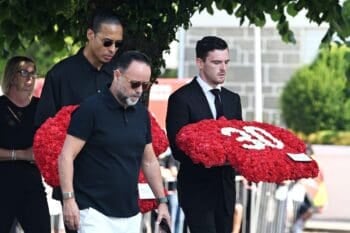
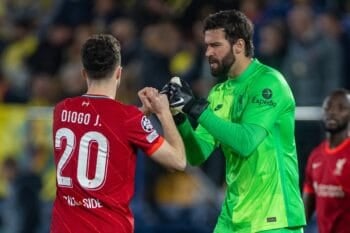
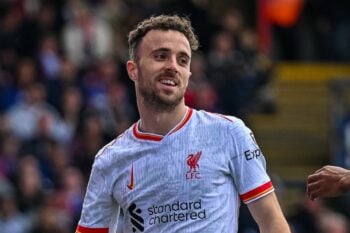
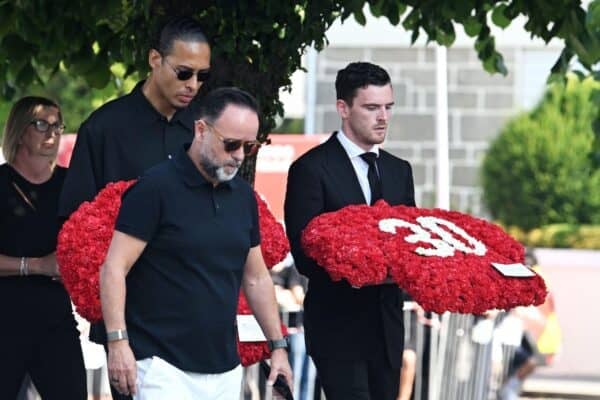
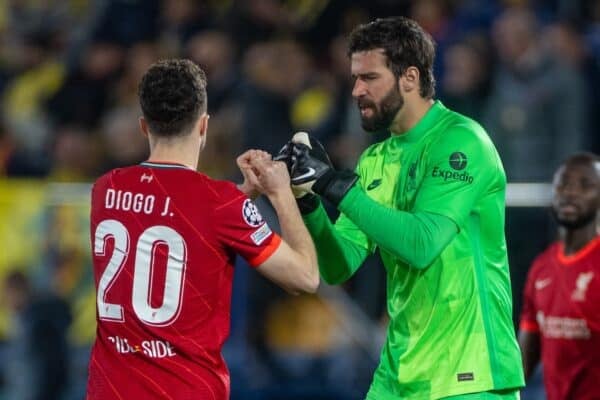
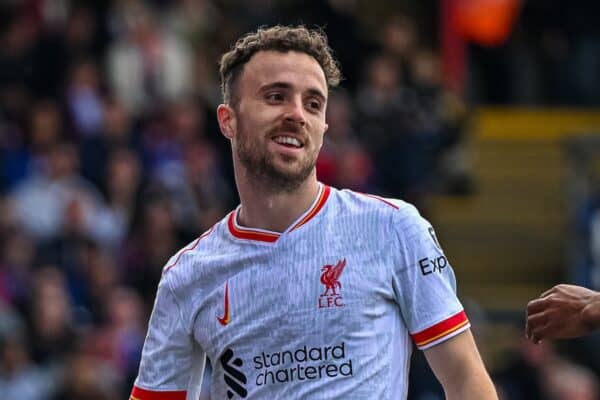
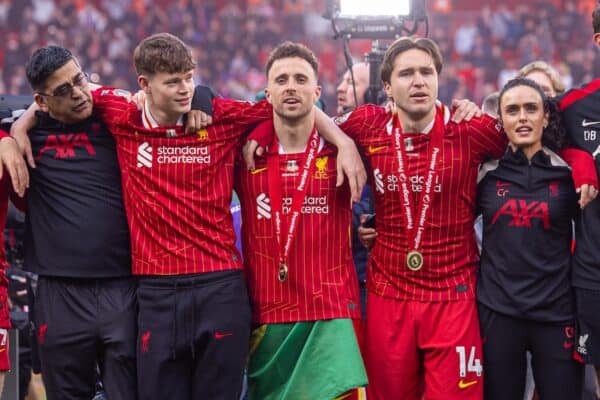
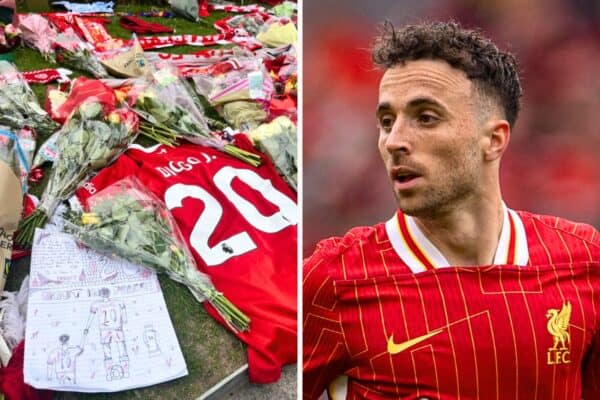
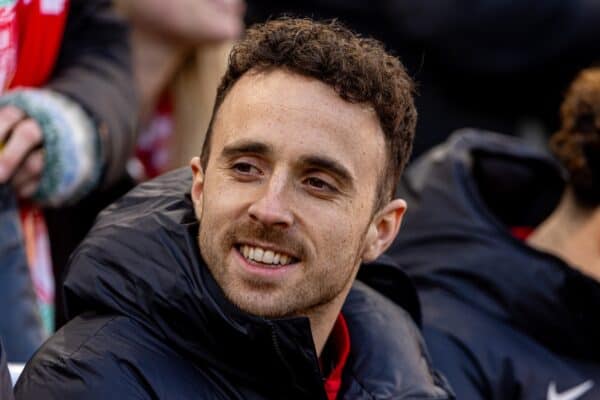
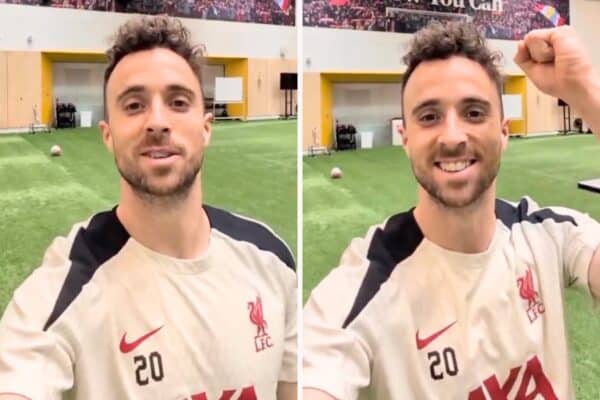
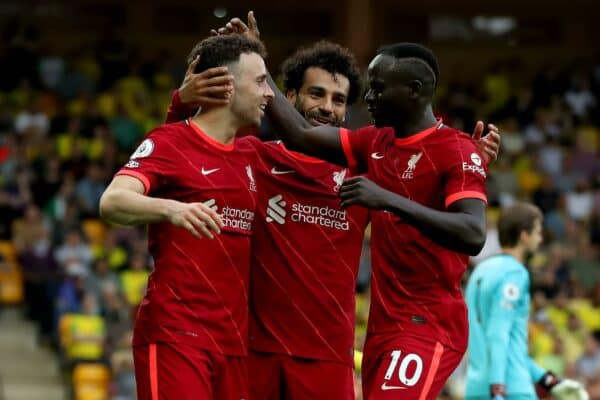



Fan Comments